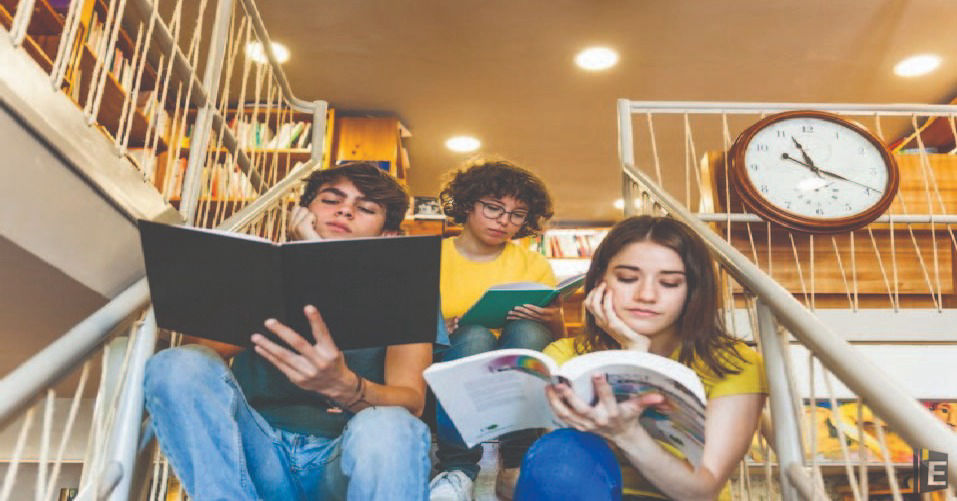Indian History Quiz with Answers

Welcome to the Indian History Quiz with Answers blog, where the rich tapestry of India's past unfolds in a captivating series of questions and answers. Embark on a journey through the centuries, exploring the diverse realms of ancient civilizations, medieval kingdoms, and the struggle for independence. Test your knowledge of iconic leaders, pivotal events, and cultural milestones that have shaped India's remarkable history. Whether you're a history enthusiast or just curious about the past.
Indian History Quiz
Our engaging Indian History Quiz with Answers quizzes offer a fun and informative way to delve into India's heritage. Challenge yourself, learn intriguing facts, and discover the untold stories that have left an indelible mark on this fascinating subcontinent. Get ready to unravel the mysteries of Indian history quiz in a quest for knowledge and enlightenment.
Also, Read Latest Current Affairs Questions 2023: Current Affairs Today
"Stay ahead of the competition with our General Knowledge Mock Test and Current Affairs Mock Test!"
Indian History Quiz with Answers
Q : Which of the following Acts was criticized by Jawaharlal Nehru by saying – "A machine with only brakes and no engine"?
(A) Government of India Act, 1919
(B) Government of India Act, 1935
(C) Indian Independence Act, 1947
(D) Indian Council Act, 1909
Correct Answer : B
Explanation :
The Government of India Act came into force on 4 August 1935. The first political reaction was towards the way, the representation of the princely states was proposed. The delegates were not to be elected by the public but by the rulers. The second important reaction was against the proposed form of dyarchy. The Dyarchy had been a total failure in the provinces, but now there was an experiment coming up at the centre. The safeguards and the special powers vested in the Governor-General was something like a “Charter of Slavery” as mentioned by Jawahar Lal Nehru. He compared it with a “machine with all brakes, no engine“.
In which of the following sessions of INC, the National Anthem was sung for the first time?
(A) 1915
(B) 1885
(C) 1911
(D) 1902
Correct Answer : C
Explanation :
Jana Gana Maana, a symbol of India's united culture was composed by Nobel Laureate Rabindranath Tagore and was first sung on December 27, 1911 at the Calcutta session of the Indian National Congress (INC).
Who got the Grand Trunk Road repaired from Calcutta to Delhi?
(A) Lord Dufferin
(B) Shre Shah Suri
(C) Sir Charles Metcalfe
(D) Lord Canning
Correct Answer : B
Who is known as Sher-e-Punjab?
(A) Bhagat Singh
(B) Chandrashekhar Azad
(C) Saifuddin Kitchlew
(D) Lala Lajpat Rai
Correct Answer : D
Explanation :
Lala Lajpat Rai conceived on 28th January, 1865. He was an Indian political dissident who assumed an urgent part in the Indian Independence development. He was famously known as Punjab Kesari signifying 'The Lion of Punjab' otherwise called Sher-E-Punjab in Punjabi for his commitment to the opportunity development.
What was the outcome of the meetings of the Constituent Assembly and the attitude of the League towards the Interim Government?
(A) The League grew with the appointments and decisions of members of Congress.
(B) The League entered into an alliance with the Congress in its fight for Pakistan.
(C) The British tried to influence the League by including it in the Interim Government although the League objected to it.
(D) None of these
Correct Answer : B
Explanation :
The interim government was formed by the newly elected Constituent Assembly of India. The Congress Party won a majority of seats in the assembly, and its leader, Jawaharlal Nehru, became the prime minister. The Muslim League also joined the interim government, but it refused to accept the Cabinet Mission Plan.
Which of the following towns was built by the ruler Vijayalaya in Kaveri delta?
(A) Tiruchirappalli
(B) Tiruppur
(C) Madurai
(D) Thanjavur
Correct Answer : D
Explanation :
Vijayalaya belonged to the Chola family of Uraiyur. He defeated Muttaraiyar, the ruler of the Kaveri Delta. He built the town of Thanjavur and constructed a temple for the goddess Nishumbhasudini.
In which Vedas are there information about the culture of ancient Vedic age?
(A) Rigveda
(B) Samaveda
(C) Atharvaveda
(D) None of these
Correct Answer : A
Explanation :
The Rig-Veda is the oldest of the four collections of hymns and other sacred texts known as the Vedas. It contains most of the information about the religious and social life of the early Vedic period.
Which of the following items came to be known as 'Calico', which was taken by the Portuguese to Europe from India?
(A) Muslin
(B) Retail goods (piece goods)
(C) Spices
(D) Cotton Fabric
Correct Answer : D
Explanation :
The cotton textiles which the Portuguese took back to Europe, along with the spices, came to be called "calico" (derived from Calicut), and subsequently calico became the general name for all cotton textiles.
The Mughal Empire in India lasted from:
(A) 1526 to 1857
(B) 1556 to 1887
(C) 1626 to 1877
(D) 1656 to 1907
Correct Answer : A
Explanation :
India - Mughal Empire, 1526-1857 | Britannica.
The credit for the first imposition of 'Jizya tax' in India is given to Muhammad bin Qasim. Which class did he keep completely free from this tax?
(A) Muslim
(B) Buddhist
(C) Brahmin
(D) low caste people
Correct Answer : C
Explanation :
Muhammad bin Qasim was the first to impose Jizya tax in Deval of Sindh province in India. After this, the Sultan of Delhi Sultanate who imposed Jizya tax was Firoz Tughlaq. It collected Jizya as a separate tax by taking it out of Kharaj (land revenue). Earlier, Brahmins were kept free from this tax.



